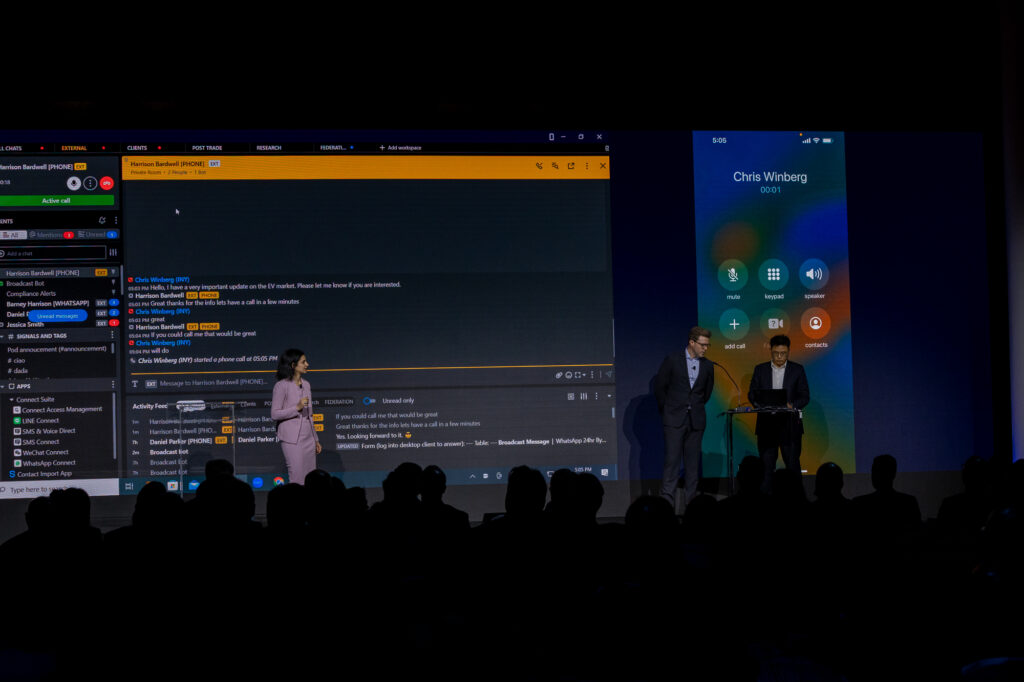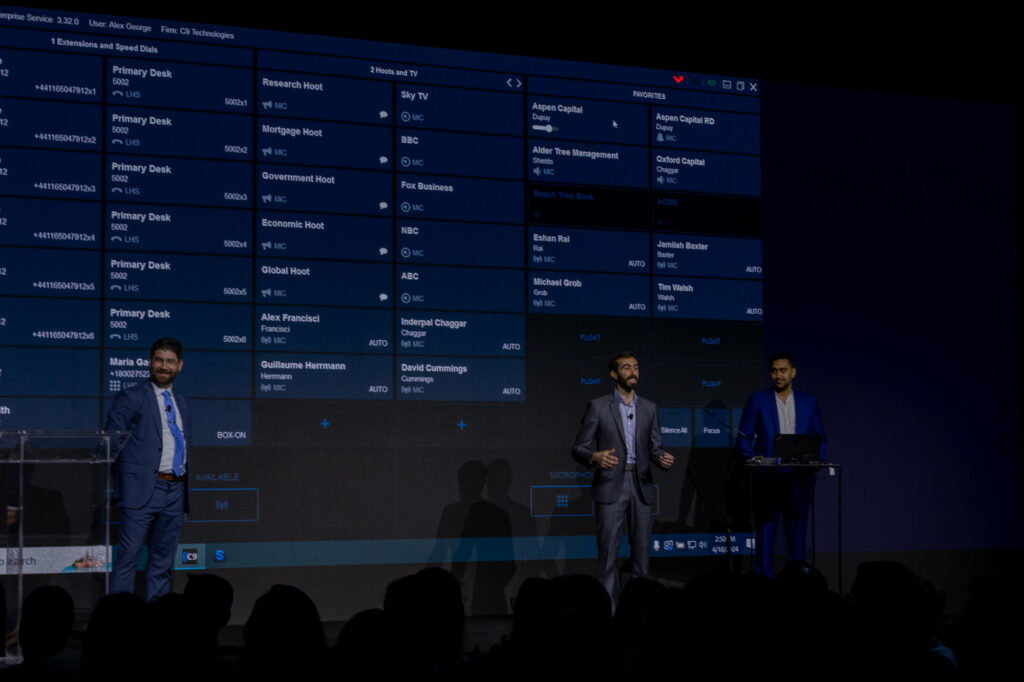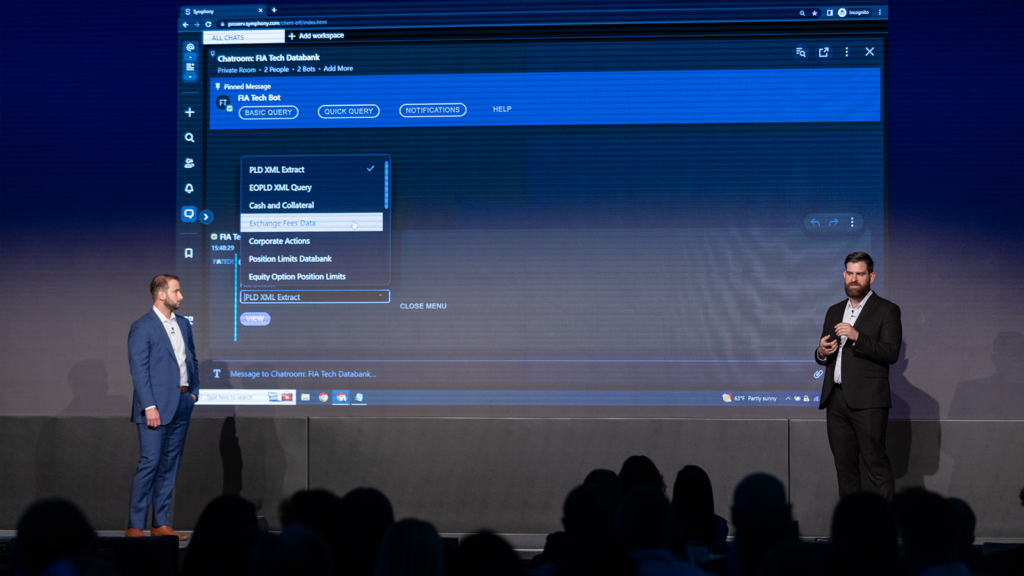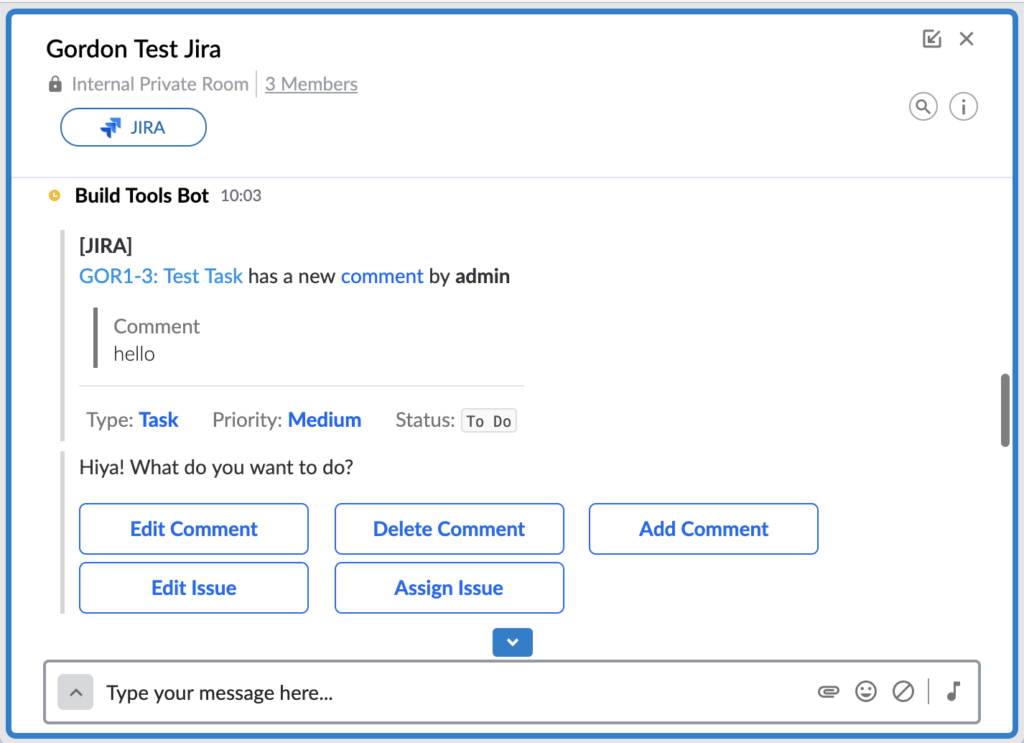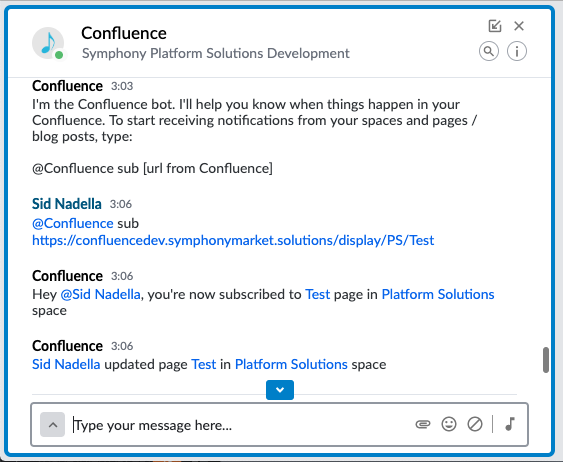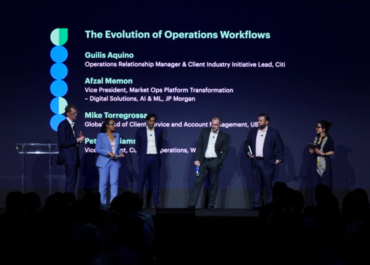Market Solution Spotlight: Jira and Confluence for Symphony
“Digital transformation” has been mot du jour in boardrooms and among executive teams around the world for the last 3 to 5 years. Indeed, this trend has officially become “mainstream”, even sometimes passing into a panacea for any and all technology initiative an organization undertakes.
And as the digital enterprise becomes a reality, business leaders are doing more than ever to lead major business transformations. IDC predicts that 40% ($1.18 trillion) of all global technology spending in 2019 will go toward digital transformations (an 18% increase from 2018). And, worldwide Digital Transformation technology investments are expected to total more than $6 trillion over the next four years.
But what does “digital transformation” really mean, and how can you be sure that the technologies that you are investing in are actually having an impact on your bottom line? Organizations are struggling to turn these investments into business successes. According to McKinsey research, nearly three out of four (70%) of large-scale transformation initiatives fail to reach their stated goals.
Turning Buzzwords Into Buzzworthy
The key to avoiding failure is understanding that ‘digital transformation’ should mean ‘business transformation.’ Fundamentally, companies must use technology to transform the way they work to enable quality collaboration, employee empowerment, and information flow. In other words: implementing technology for the sake of technology is where most organizations go wrong.
All too often, organizations make the mistake of trying to solve process issues and improve employee productivity by throwing more software at the problem without truly understanding the root cause of the inefficiencies. The Result? Disparate workplace apps intended to streamline workflow have sparked an app overload that’s undermining productivity in businesses around the world.
Progress is being made, however. Just as employees are beginning to hit their limit with the current state of productivity, a significant workplace cultural shift is starting to take hold in digitally enabled organizations everywhere — this is a user-driven movement towards streamlined collaboration and unified experiences via a single platform.
Introducing Symphony Market Solutions
Symphony looked at the current state of the ‘productivity’ market and noticed that there was a real market need for meaningful workflow and automation solutions. This is why we recently launched Symphony Market Solutions – a suite of standardized, licensable software solutions built to address specific workflow use cases and help companies enhance existing investments in project management and collaboration tools by augmenting them with Symphony real-time collaboration capabilities.
With Symphony’s Jira and Confluence Integrations – two offerings from our Market Solutions suite – you now have the ability to simplify and automate your team’s efforts, empowering them to stay aligned, coordinated, and productive.
Jira for Symphony
Jira for Symphony makes it easy to stay on top of issues and communicate with team members in IT, Operations, and other functions across dozens of projects in Jira, all from a single interface. With the integration you can…
| | - Set Up Customized Jira Subscriptions in Seconds and even connect with projects across multiple Jira servers
- Customize Notifications allowing you to cut through the noise and focus only on the projects and activities most relevant to you
- Open Issues in Jira Directly from Symphony: access multiple Jira projects right from a Symphony chat room — without having to switch between screens or break the flow of work
|


